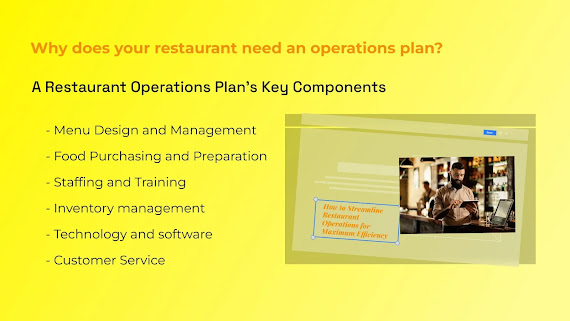Mind Blowing Restaurant Website Concepts And Ideas
Running a restaurant is a great task with several responsibilities that never cease. And restaurateurs never wish to add another job to their already overloaded schedule, especially if it is creating and maintaining an exclusive website for themselves. But, gone are the days when it was an additional task. Today, a professional website is a necessity for any food business that wishes to prosper in the highly competitive arena.
Statistics state that 75% of consumers often made a choice about a restaurant based on online search results. Thus, not having a website for oneself is a grave mistake as one misses out on capitalizing on the benefits from a huge ‘dine-out ready’ crowd.
Effective online visibility can make a great difference for restaurants and determines their profitability in the long run.
7 COMPELLING REASONS WHY A RESTAURANT MUST HAVE A UNIQUE WEBSITE
Better Branding
A website is a powerful tool to create the first best impression on the visitors. When it is built well, it enables the restaurant to exercise greater control over their brand image. An own website is a platform for a restaurant to narrate its story in its own style, unlike third parties telling it. Customers get a good idea of what the restaurant is all about, the offerings and prices, signature dishes, its business mission and the overall atmosphere inside the restaurant. A restaurant can use a website to boost sales by including high quality images of the food, the interiors of the space and also working videos of the staff.
Improved Search Rankings
If SEO techniques are professionally followed while building the restaurant website and also adding relevant content to it, the website can enjoy the benefits of improved Search Rankings on Google and other search engines.
Convenient For Customers & The Business
A modern restaurant website allows customers to make table reservations, order food online, make digital payments, sign up for newsletters, leave comments and rate it with stars. This empowers customers and gives them the convenience that they expect the most. With online table reservations, a restaurant manages the crowd effectively and overbooking is avoided.
More Trust And Loyalty
Customers also look to know the feedback of other customers even before they make their first visit to a specific restaurant. Therefore, third-party websites must not be their source of information. Since 84% of customers trust online reviews as much as interpersonal recommendations, the website is the most perfect place to fill with testimonials and engage in brand building. Reviews on the Google Business page can also be directly added to the website for greater organic traffic and more authenticity.
Affordable
Placing billboards, producing commercials and airing them, buying radio spots for voice ads can turn out to be very expensive for restaurants. They are in fact, temporary too. Whereas, a website is definitely an affordable and a permanent platform for advertising activities.
Information For Guests
People looking out for dining options are definitely going to look at a restaurant’s social media accounts and its website to make an informed decision. Thus, a website must be able to tell guests about operational hours, address, new menu items, signature dishes, currents specials, offers, discounts, etc. All that a restaurant needs to do is to keep such vital information frequently checked and updated. If information provided is incorrect, it could frustrate a customer.
Promoting Related Services
Telling guests about your catering facilities and private party hosting amenities will ensure that customers also know about your affiliated services. They will get in touch with you not only for dining but also for other events and parties.



Comments
Post a Comment